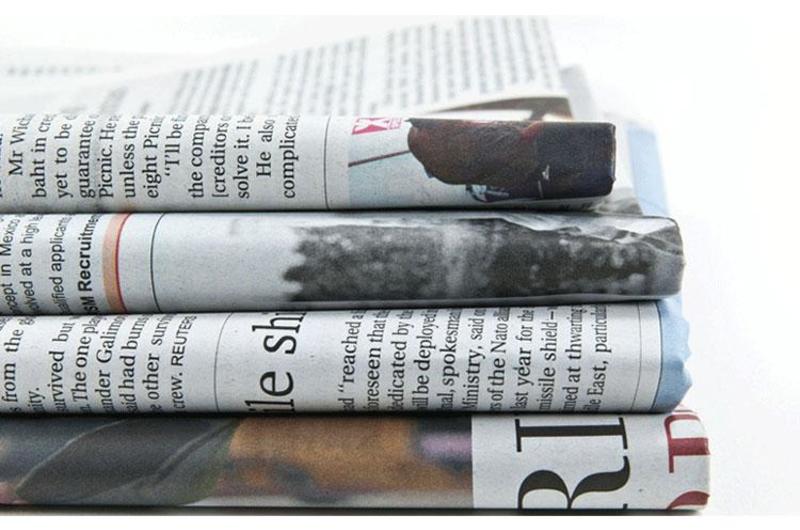By Kathy Pitts | Stars and Stripes May 3, 1984
SEOUL — Pope John Paul II was to arrive on this divided peninsula with a message of peace and reconciliation to all its people: Buddhists, Protestants, government leaders, political activists and to North Korea and its persecuted Christians.
"We pray that this visit will be an occasion of joy and blessing not only for the faithful, but for all the people of this land," said Stephen Cardinal Kim, in opening remarks at a press conference Tuesday.
Catholics number about 1.7 million or 3.4 percent of the population of South Korea.
Kim made an special apology to the nation's Buddhists for the fact that the papal visit coincided with the celebration of Buddha's birthday May 8. This coincidence originally had caused some consternation when it was discovered that both groups had planned outdoor services at Yoido Plaza within two days of each other. That difference was apparently resolved with the hearty "welcome" of the pope by Venerable Lee Song Chol, supreme patriarch of the Chogye Buddhist Order.
The pope has scheduled a special meeting with leaders of traditional religions such as Confucianism and Buddhism.
"This is an occasion for reconciliation between Catholics and members of traditional religions," said Gertrude Suh, a spokeswoman for the Apostolic Nunciature in Seoul. "The emphasis will be on matters of common agreement: respect for ancestors, love of nature and the importance of the family," Suh explained.
Kim noted that the Protestant Church was celebrating its 100th anniversary at the same time the Catholic Church marks its 200th anniversary. He said the two Christian groups had a good relationship and that the Catholic Church would become more involved in the ecumenical movement (to achieve Christian unity through international and interdenominational cooperation).
The cardinal, while de-emphasizing the political role the church has sometimes played in the last decade, insisted the pope supported values of human dignity and rights. And he said, when necessary the church will "voice for the voiceless." "There is a general atmosphere of respect for human rights in a peaceful way," said Kim.
One of the stops on the pope's tour of Korea will be Kwangju, scene of a bitter and bloody uprising in May 1980 when then-general Chun Doo Hwan took over the presidency. The visit has been called one of "reconciliation" and Kim said he did not expect any civil disturbances to arise from the occasion.
Rather, he said, he expected John Paul to be an apostle of peace, whose larger message was to all suffering people.
"It is the Holy Father's aim to comfort alienated souls — the poor, the weak and the sick — and his holiness wishes to share in the joys and hopes, sorrows and sufferings of all our people.
"His holiness is keenly aware of the problem of our divided country and shares our anguish over this division. During this visit, the Holy Father will pray for the unification of our land and our race, and although his holiness will set foot only on the soil of South Korea, the Holy Father will surely try to offer deeply felt greetings of peace to all in the North."




